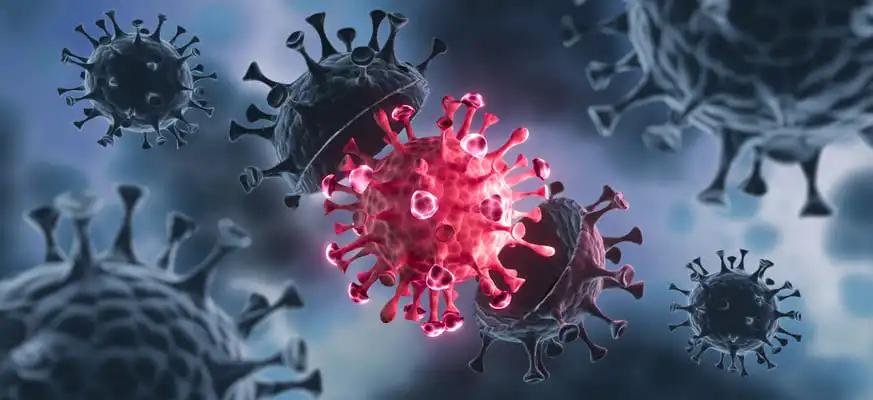KEY TAKEAWAYS
- The ALTTO, Phase III adjuvant trial aimed (NCT00490139) to examine metformin use and HER2-positive primary breast cancer outcomes.
- In the ALTTO study, HER2-positive breast cancer patients received trastuzumab, lapatinib, their combination, or specified order.
- DFS, DDFS, and OS were assessed in each group. DFS, DDFS, and OS events occurred in some patients during the median follow-up of 4.5 years.
- 94.7% of the 8,381 research participants had no history of diabetes, 2.2% had diabetes without metformin, and 3.1% had diabetes with metformin.
- The study revealed that Metformin helped people with diabetes with HER2-positive and hormone receptor-positive breast cancer. Insulin therapy worsened outcomes.
Researchers have found a link between using metformin and better outcomes for people with diabetes and breast cancer. In the current study, researchers wanted to learn more about this link in people with HER2-positive primary breast cancer as part of a significant Phase III adjuvant trial. Methods and Patients with HER2-positive breast cancer who took part in the ALTTO study were given either trastuzumab alone, lapatinib alone, their combination, or the order in which they were given. They looked at whether people with diabetes at the start of the study, with or without metformin treatment, had different disease-free survival, distant disease-free survival (DDFS), and total survival than people without diabetes.
In this study, there were a total of 8,381 patients. At the time of identification, 7,935 patients (94.7%) had no history of diabetes, 186 patients (2.2%) had diabetes but had not been given metformin, and 260 patients (3.1%) had diabetes and had been given metformin. During the median follow-up time of 4.5 years (0.16 to 6.31 years), DFS, DDFS, and OS events happened to 1,205 (14.38%), 929 (11.08%), and 528 (6.3%) patients, respectively. Patients with diabetes who hadn’t been given metformin had worse DFS (multivariable hazard ratio [HR], 1.40; 95% CI, 1.01 to 1.94; P = .043), DDFS (multivariable HR, 1.56; 95% CI, 1.10 to 2.22; P = .013), and OS (multivariable HR, 1.87; 95% CI, 1.23 to 2.85; P = .004). This effect only happens in people with hormone receptors. Metformin had a good effect on people with diabetes with HER2-positive and hormone receptor-positive breast cancer, while insulin treatment had a harmful effect. The study revealed that Metformin helped people with diabetes with HER2-positive and hormone receptor-positive breast cancer, and Insulin therapy worsened outcomes.
Source:https://pubmed.ncbi.nlm.nih.gov/28375706/
Clinical Trial:https://clinicaltrials.gov/ct2/show/NCT00490139
Sonnenblick A, Agbor-Tarh D, Bradbury I, Di Cosimo S, Azim HA Jr, Fumagalli D, Sarp S, Wolff AC, Andersson M, Kroep J, Cufer T, Simon SD, Salman P, Toi M, Harris L, Gralow J, Keane M, Moreno-Aspitia A, Piccart-Gebhart M, de Azambuja E. Impact of Diabetes, Insulin, and Metformin Use on the Outcome of Patients With Human Epidermal Growth Factor Receptor 2-Positive Primary Breast Cancer: Analysis From the ALTTO Phase III Randomized Trial. J Clin Oncol. 2017 May 1;35(13):1421-1429. doi: 10.1200/JCO.2016.69.7722. Epub 2017 Mar 13. PMID: 28375706; PMCID: PMC5455460.



